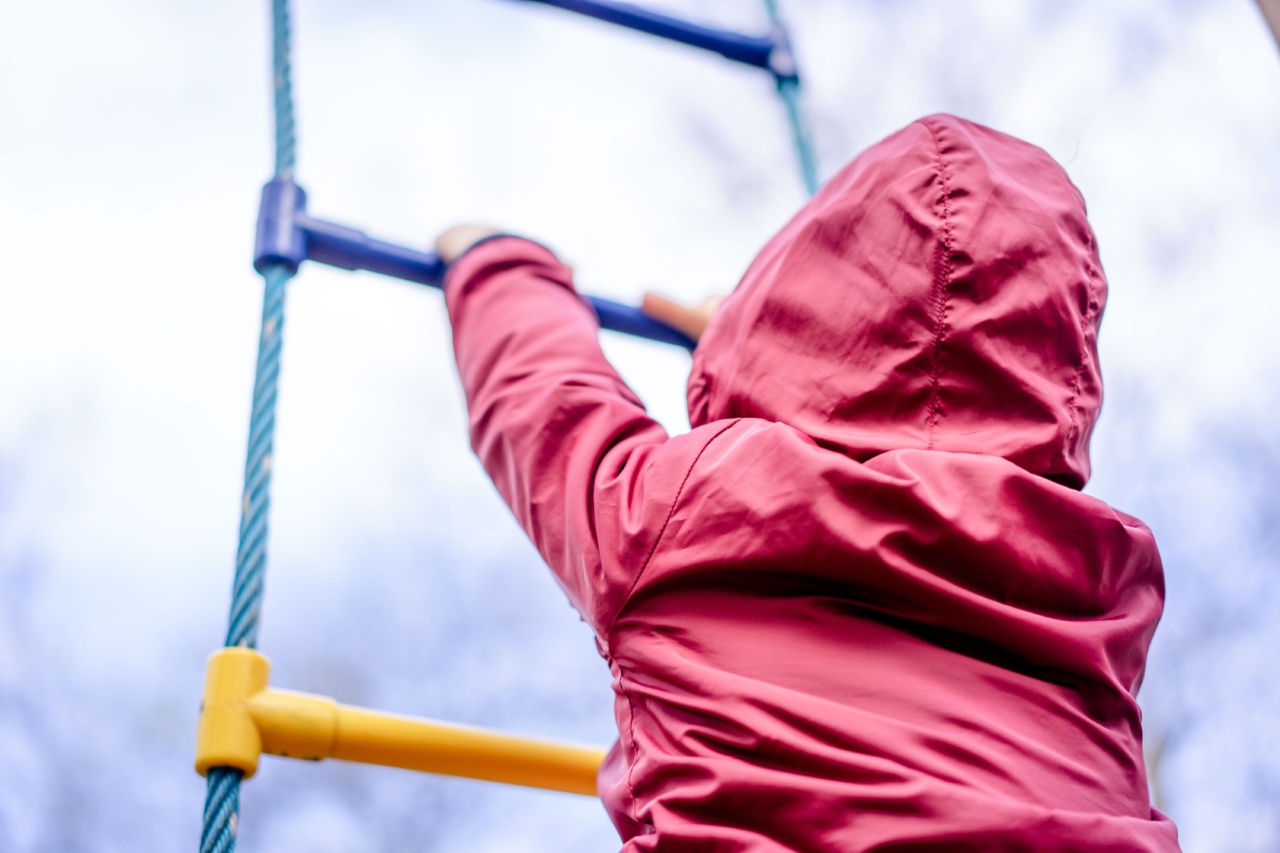With the increasing use of egg freezing for fertility purposes, a group of scientists has revealed alarming research results.
According to their findings, children born from frozen eggs face a higher risk of developing cancer in their first five years of life.
What is Egg Freezing?
Egg freezing is the process of extracting and freezing a woman’s eggs until she is ready to conceive. This process is also known as oocyte cryopreservation.
Women who wish to preserve their fertility can opt for egg freezing, especially those who wish to delay their childbearing period for personal or health reasons.
Research Findings
A study conducted by the University of Hawaii Cancer Center analyzed around 900 children born through in-vitro fertilization (IVF) between 2004 and 2015.
The results of this study revealed that children born from frozen eggs had a 16% higher risk of developing cancer compared to those conceived naturally. Moreover, children born through IVF with fresh eggs did not show any significant increase in cancer risk.
The researchers also noted that children born through IVF procedures, in general, had a slightly increased cancer risk compared to naturally conceived children.
However, the risk was only 11% higher than the control group, which is not considered a significant increase.
Why Do Children Born from Frozen Eggs Have Higher Cancer Risk?
The exact reason behind this alarming risk is still unknown. However, researchers speculate that it might be due to the following factors:.
- The chemical compounds used in the cryopreservation process
- The damage caused to the eggs during cryopreservation
- The effects of infertility treatment itself
Further research is needed to understand the underlying cause of this cancer risk in children born from frozen eggs. However, this study has raised concern among fertility specialists worldwide.
Should Women Avoid Egg Freezing?
The higher cancer risk for children born from frozen eggs does not mean that women should avoid egg freezing altogether. Egg freezing is still a valuable option for women who want to preserve their fertility for various reasons.
Moreover, the increased cancer risk only applies to the first five years of a child’s life. The study did not find any significant increase in cancer risk after that period.
However, it is essential to consider all the potential risks and benefits of egg freezing before making a decision.
Women who are considering egg freezing should discuss the procedure’s potential risks with their doctors to make an informed decision.
Conclusion
The study by the University of Hawaii Cancer Center has revealed a concerning trend regarding the cancer risk for children born from frozen eggs. Further research is needed to understand the exact reason behind this risk.
Egg freezing is still a valuable option for women who wish to preserve their fertility. However, it is crucial to consider the potential risks before making this decision.






























